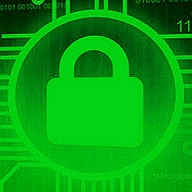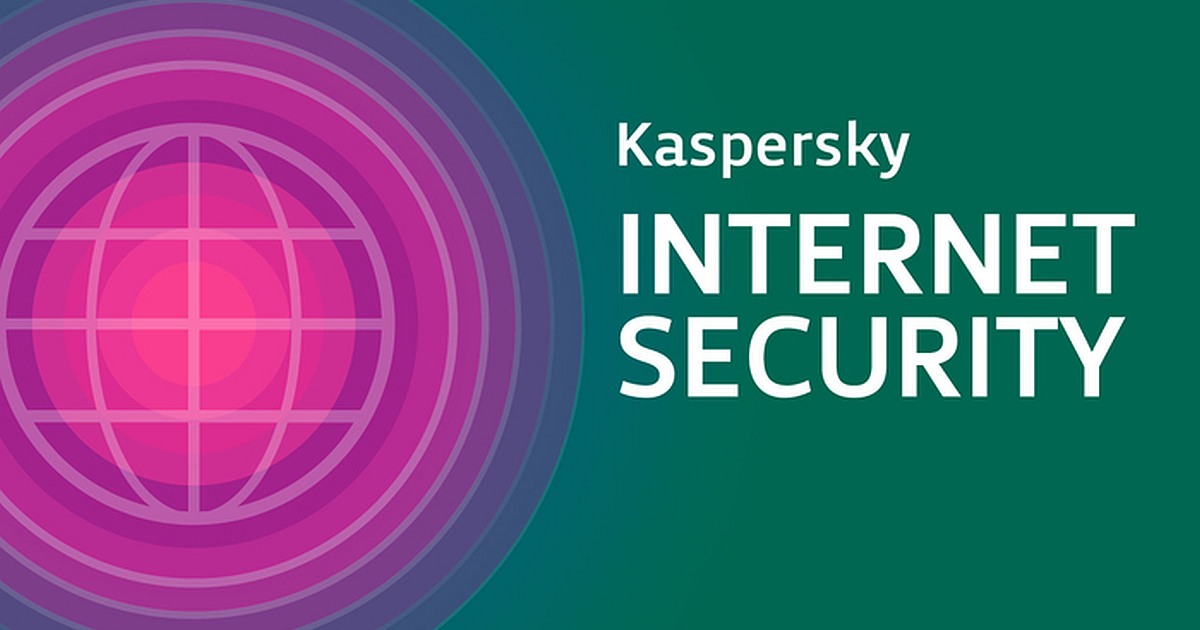Kaspersky Lab, a Moscow based security company, as recently been banned from placing advertisements on the Twitter platform. This comes after the company became allegedly tied into an organization for Russian intelligence.
A representative from Twitter recently told Gizmodo, “This decision is based on our determination that Kaspersky Labs operates using a business model that inherently conflicts with acceptable Twitter Ads business practices. Kaspersky Lab may remain an organic user on our platform, in accordance with the Twitter Rules”.
Eugene Kaspersky, the CEO of Kaspersky Labs, wrote a letter to the senior management of Twitter, not only stating his surprise that the ban, but also disputing the claims made by Twitter concerning the company. He wrote, “Huh? I read this formulation again and again but still couldn’t for the life of me understand how it might relate to us. One thing I can say for sure is this: we haven’t violated any written – or unwritten – rules, and our business model is quite simply the same template business model that’s used throughout the whole cybersecurity industry: we provide users with products and services, and they pay us for them.”
Twitter also states that they based their decision, in part, on the fact that Homeland Security has warned that the United States government has been concerned that Kaspersky officials have ties with certain Russian government agencies and Russian intelligence. The specific statement adds that a certain Russian law is set to “allow Russia intelligence agencies to compel assistance from Kaspersky and to intercept communications transiting Russian networks”.
Of course, Kaspersky, who urges Twitter to refuse to cater to geo political noise, has denied all these claims. They further stated, “You’re only shooting yourself in the foot when you cater to the geopolitical noise and start refusing to promote material on false pretenses – contrary to the interests of your own business (how else can we describe not accepting money from clients that run ethical businesses?)”.
Another blow for the company came when the New York Times offered up a report that intelligence agents from Israel had hacked into Kaspersky Labs and found incriminating evidence that Kaspersky’s antivirus software had been used by Russian officials in order to obtain material of a classified nature from National Security Agencies.
While it is true that Kaspersky software existed on an NSA contractor’s laptop, the virus was downloaded during an install of an unofficial version of windows, thus triggering the Kaspersky antivirus protection.

